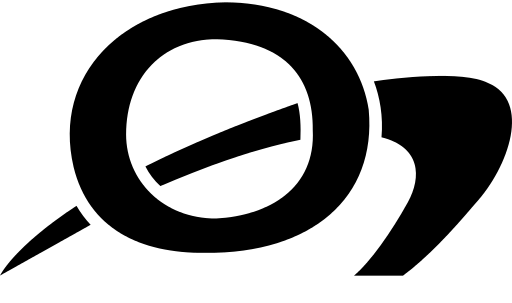

The Oberon+ Programming Language
source link: https://oberon-lang.github.io/
Go to the source link to view the article. You can view the picture content, updated content and better typesetting reading experience. If the link is broken, please click the button below to view the snapshot at that time.

The Oberon+ Programming Language
A lean, statically typed, compiled, general-purpose, procedural, object-oriented, and garbage collected programming language in the Pascal tradition, with support for generic programming
Code Examples
Procedural Programming
module Fibonacci
proc calc*(n : integer): integer
var a, b: integer // comma is optional
begin
if n > 1 then
a := calc(n - 1)
b := calc(n - 2)
return a + b
elsif n = 0 then
return 0
else
return 1
end
end calc
var res: integer
begin
res := calc(21)
assert(res = 10946)
end Fibonacci
Generic Programming
module Collections<T>
type Deque* = pointer to record
data: pointer to array of T
size: integer end
proc createDeque*(): Deque
const initial_len = 50
var this: Deque // this is initialized to nil
begin
new(this); new(this.data,initial_len)
// semicolon is optional
return this
// this and data will be garbage collected
end createDeque
proc (this: Deque) append*(in element: T)
begin
if this.size = len(this.data) then assert(false) end
this.data[this.size] := element inc(this.size)
end append
type Iterator* = record end
proc (var this: Iterator) apply*(in element: T) end
proc (this: Deque) forEach*(var iter: Iterator)
var i: integer
begin
for i := 0 to this.size-1 do
iter.apply(this.data[i])
end
end forEach
end Collections
Object Oriented Programming
module Drawing
import F := Fibonacci
C := Collections<Figure>
type Figure* = pointer to record
position: record
x,y: integer end end
proc (this: Figure) draw*() end
type
Circle* = pointer to record (Figure)
diameter: integer end
Square* = pointer to record (Figure)
width: integer end
proc (this: Circle) draw*() end
proc (this: Square) draw*() end
var figures: C.Deque
circle: Circle
square: Square
proc drawAll()
type I = record(C.Iterator) count: integer end
proc (var this: I) apply( in figure: Figure )
begin
figure.draw(); inc(this.count)
end apply
var i: I // count is initialized to zero
begin
figures.forEach(i)
assert(i.count = 2)
end drawAll
begin
figures := C.createDeque()
new(circle)
circle.position.x := F.calc(3)
circle.position.y := F.calc(4)
circle.diameter := 3
figures.append(circle)
new(square)
square.position.x := F.calc(5)
square.position.y := F.calc(6)
square.width := 4
figures.append(square)
drawAll()
end Drawing
Unicode Support
module Unicode
var
str: array 32 of char
ustr: array 32 of wchar
begin
str := "Isto é português"
ustr := "美丽的世界,你好!" + " " + str
println(ustr)
// prints "美丽的世界,你好! Isto é português"
end Unicode
More Examples
If you are looking for representative size examples, see
Documentation
Implementation
A compiler is available which generates LuaJIT bytecode; CLI and LLVM backends are in preparation. There is also an IDE with semantic navigation, and source and bytecode level debugger (see screenshot).
TBD: Oberon History and language versions
TBD: Difference Oberon+ to Oberon-2
TBD: Rationale for design decisions
Hosted on GitHub Pages — Theme by orderedlist
Oberon logo from Wikipedia
Recommend
About Joyk
Aggregate valuable and interesting links.
Joyk means Joy of geeK